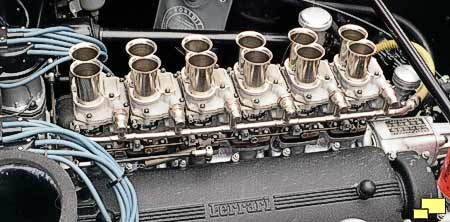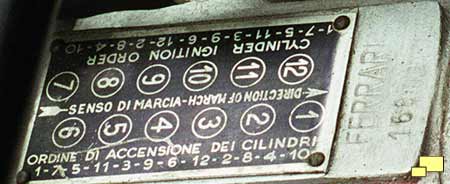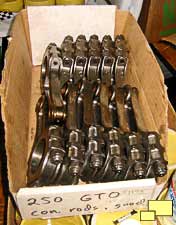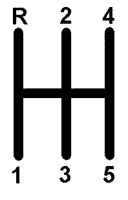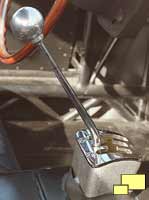
Interior
Engine/Transmission
GTO Up Close
Racing GTO
1984 GTO
GTO Exposed
GTO Specifications
Car and Driver
Comparison
GTO Trivia
Pontiac GTO
GTO Books
by Charles Maher

Click Here
to purchase from CarArtInc.com
|
Note: Clicking on an image with this symbol ( (A new window will open in your browser) |
||

Suggestions? Comments? Tell us!!! |

|
|
